The one thing that can save Melbourne’s CBD
We all know Melbourne was the world’s most liveable city. But as it works to return to its former glory post-Covid, there’s one crucial thing missing.
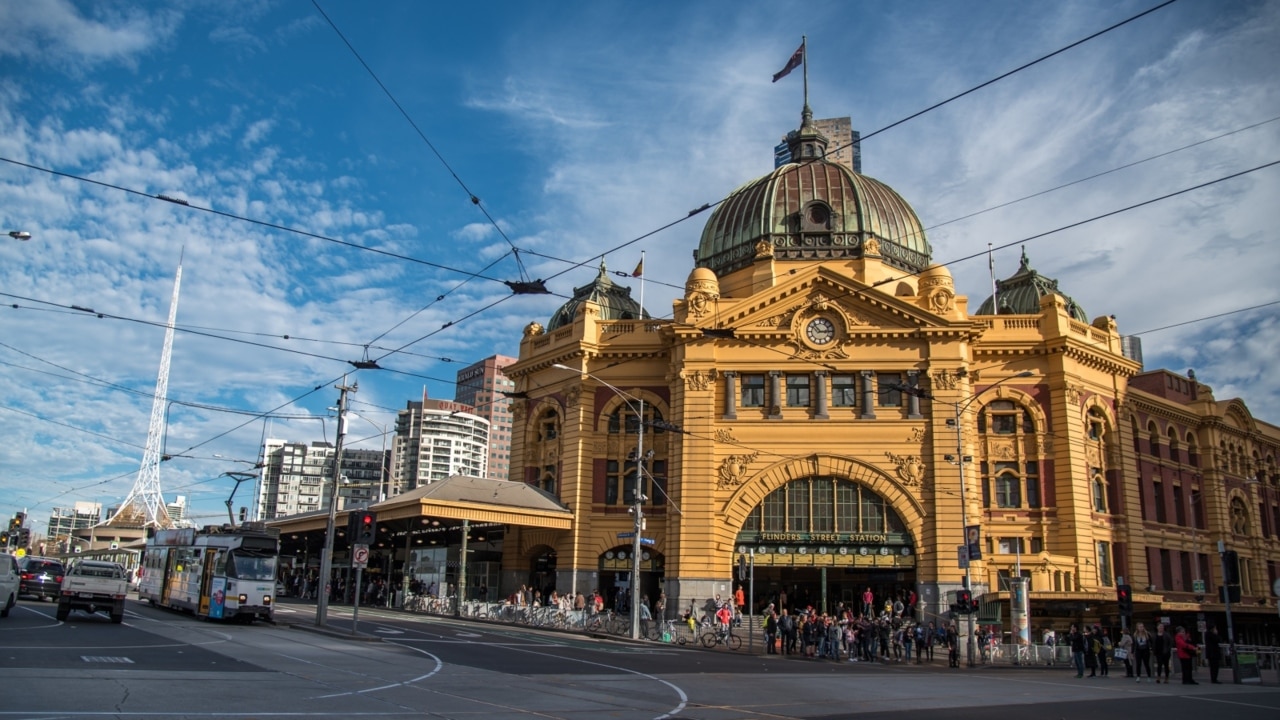
Restaurants & Bars
Don't miss out on the headlines from Restaurants & Bars. Followed categories will be added to My News.
Unlike other Australian cities, visitors to Melbourne were destined to hear at some point, the Victorian capital really “has” a CBD, not just a place where workers dutifully converge for eight hours before vanishing to a more a pleasant area as soon as the clock strikes five.
And, any fair-minded observer would have to concede, proud Melburnians had been spot-on when they said it – Melbourne’s CBD was definitely better, on almost any measure, than the six other Australian capitals.
It’s why the CBD’s restoration to a semblance of its former self, thick crowds circulating through narrow laneways, pubs a packed blur of various football scarfs, or tourists with bags of expensive new clothes, has become such a focus for politicians and the media, even to the extent where the state opposition has introduced a shadow portfolio for ‘CBD Renewal.’
And to many Melburnians the city’s renewal is a given – after all, wasn’t it voted the world’s most liveable city seven years in a row?
But here’s where they might be wrong, or at the very least, taking the rebirth of ‘Marvellous Melbourne’ as a granted.
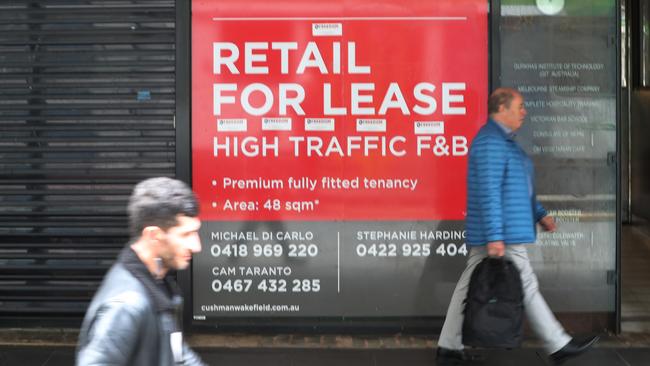
Post-lockdown blues
It’s taken its time, but the past few months have at last seen life and activity return to Melbourne – waves of people exiting Flinders Street Station and packed trams.
But for one well-known hospitality venue, Bar Americano, they had remained the last business standing in what was once one of the city’s most celebrated laneways.
“We’re the only business still operating in the lane,” Matthew Bax, who has owned the Presgrave Place Bar Americano for eleven years, told NCA Newswire.
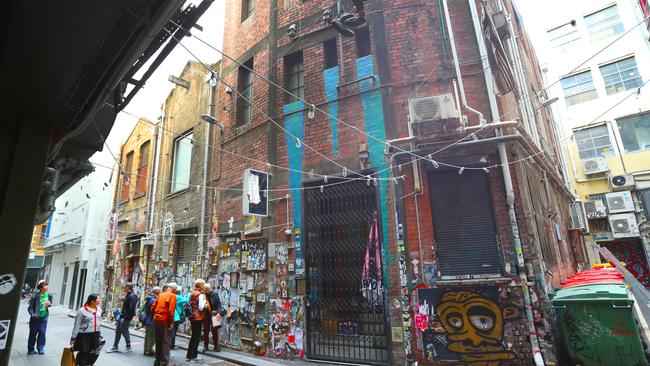
A hole-in-the-wall cocktail bar, inspired by Bax’s favourite Italian bars such as Harry’s Bar in Venice, Bar Americano has encapsulated much of what is unique and fun about Melbourne’s city.
“The connecting laneways are almost all empty. It’s as depressing as it sounds. It’s also quite dangerous,” Bax said.
He said for the first decade of owning his business, Bar Americano experienced one break-in, whereas there have been three attempts in the past eleven months.
And at the end of the month, Bax will be pouring his last drink at Bar Americano, and bidding adieu to Melbourne’s CBD after the building’s new owners told him he wouldn’t be receiving a new lease.
Bax said the city was no longer the place that had enchanted him a decade ago.
“The Melbourne I fell in love with was constantly surprising you. There was an energy and an amazing sense of wonder,” he said.
“Now things work because of economies of scale – we’re in danger of becoming a city of franchises... That’s not a place I want to live in.”
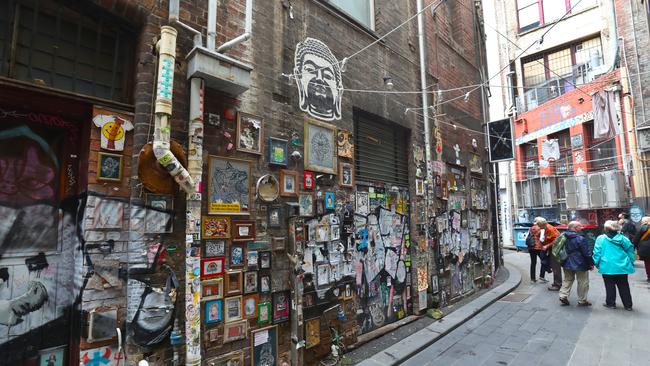
In the same week Bax announced to his loyal social media followers Bar Americano was “finito”, and not on his terms, another popular Melbourne haunt of food and wine enthusiasts, Pentolina’s, also closed its doors.
Julia Picone, the owner and sole operator of Pentolina’s, said the CBD has changed immeasurably since 2018, when she opened on Little Collins St.
“Every second shop has a for-lease sign,” Picone told NCA Newswire.
She said lunch trade had been decimated, and if she was opening up again, the suburbs might be a more attractive option due to more regular trade.
Picone will be finishing up on December 17, having been unable to come to a new agreement with her landlord.
“There’s no point signing up to a lease I can’t afford in the hope that things will improve,” she said.
“If you’re a sole operator, the odds are stacked against you.”
The loss of the two businesses, in the wake of the pandemic closures of venues such as Bar Saracen and Annam, is a difficult pill to swallow for a city on the rebound.
Data from the Australian Bureau of Statistics provided to NCA Newswire shows the number of small hospitality businesses declined in the City of Melbourne from 2020 to 2021, with a drop in 28 businesses over the year.
Non-employing businesses over the year dropped substantially, from 502 to 374, but optimistically hospitality businesses employing 1-4 people increased from 696 to 803.
A broader issue?
Earlier this week, Melbourne talkback radio station 3AW hit on a particularly sore point for residents.
Andrew Bond, a councillor at the City of Port Phillip, took to the airwaves to tell hosts Ross Stevenson and Russell Howcroft that the local council to which he belongs had written to the Police Minister to demand a greater constabulary presence on St Kilda’s Acland and Fitzroy Streets.
Mr Bond later told NCA Newswire that most days he received a call from traders or residents decrying the lack of police, and demanding action on the public drug taking and fighting.
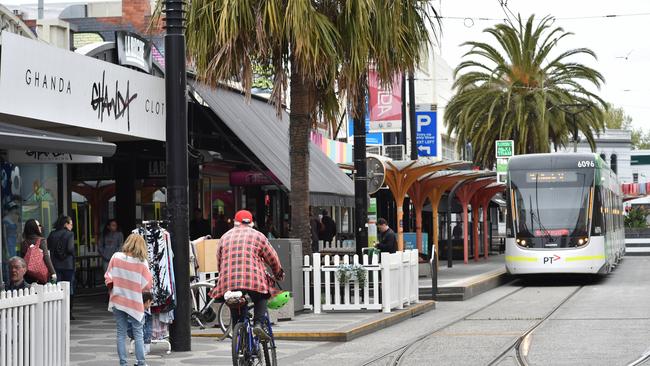
It came as the Herald Sun published a story likening the area to Melbourne’s skid row, and published footage of a man shooting up in a St Kilda laundromat in broad daylight.
On the same day, a man claiming to be a tram driver called into 3AW and said drivers had protested about taking trams all the way into Acland St, and said a female driver had a knife pulled onto her.
As reports of the claims spread, one Fitzroy St shop owner told NCA NewsWire he often felt unsafe at work due to the level of violence, and said his sister had recently quit working at the store due to her own safety concerns.
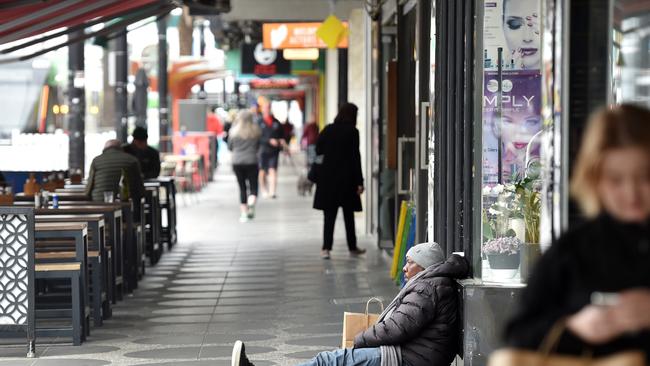
Where to next?
You won’t find a fiercer supporter of Melbourne that its Lord Mayor, Sally Capp – after all, that is her job.
And Ms Capp said despite the negativity surrounding Melbourne, the facts paint a brighter picture.
“Many traders tell me their business is busier than ever before,” she said.
Capp said that in 2021/22, trade from bars, nightclubs, restaurants and CBD businesses contributed $3.3 billion to the local economy, a 15 per cent increase on 2019, the year before the pandemic.
This year alone, she said, 68 new venues have opened their doors in the CBD.
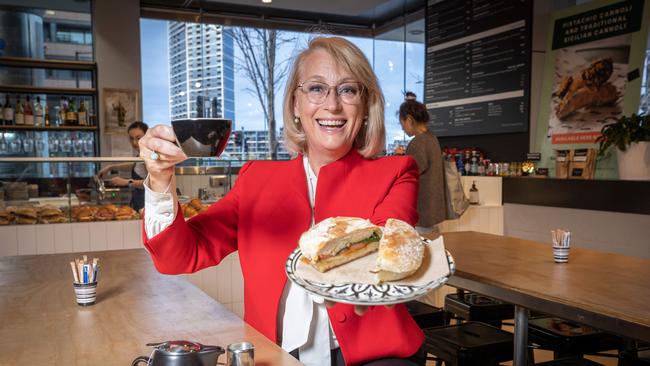
“Our hospitality scene is thriving. Football on weekends and key dining times continue to outstrip pre-pandemic levels,” she said.
Paul Guerra, Chief Executive of the Victorian Chamber of Commerce and Industry, struck a more cautious, but far from defeated, tone.
Guerra told NCA Newswire business after 5pm during the week and on weekends was starting to prosper again, but foot traffic in the CBD remained a concern.
“The solution is to attract people back into the CBD,” he said.
“It’s now up to private and public sector leaders to encourage staff to return – let’s see the leaders put into place a minimum number of days for staff to come in and publicly announce their intentions,” Guerra said.
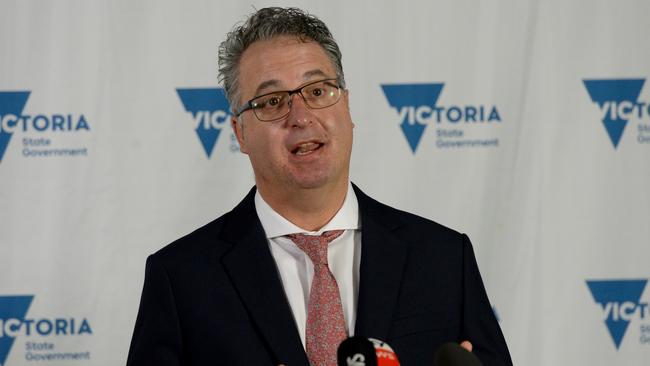
“Even working in the office three or four days a week will provide a big uplift on where we are now, and the benefits go beyond the in-person collaboration that you can only get by coming in-person. The cafes, the hairdressers, the restaurants will all benefit as well.”
He said the City of Melbourne and the state government had done well with initiatives like subsidised dining and commercial tenancy relief schemes, but more could be done, such as lower public transport and parking fees.
“We need to lift whatever impediments there are to people coming into the city.”
Originally published as The one thing that can save Melbourne’s CBD
